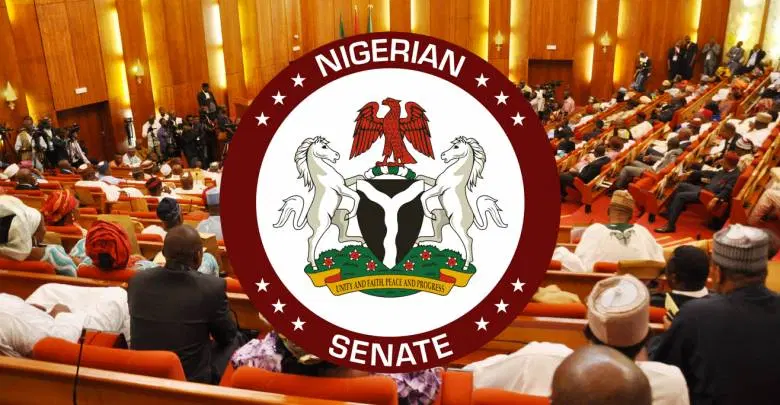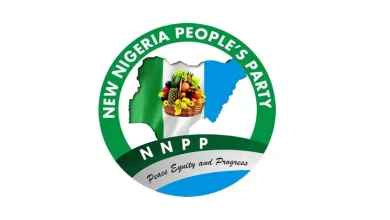Breaking: Bill requiring physical offices for social media giants passes second reading in the Senate

On Tuesday, March 18, a bill mandating social media platforms to set up physical offices within Nigeria’s borders passed its second reading in the Senate.
The bill, titled A Bill for an Act to Amend the Nigeria Data Protection Act, 2023, to Mandate the Establishment of Physical Offices within the Territorial Boundaries of the Federal Republic of Nigeria by Social Media Platforms, and for Related Matters, 2025 (SB. 650), was introduced by Senator Ned Munir Nwoko of the APC, Delta North.
Following the reading, the President of the Senate, Senator Godswill Akpabio, referred the bill to the Senate Committee on ICT and Cyber Security for further review, with a report expected in two months.
Senator Nwoko, in his speech on the bill’s general principles, emphasized Nigeria’s significant presence in the digital world. With over 220 million people, Nigeria leads Africa and ranks second globally for social media usage, spending an average of three hours and 46 minutes online each day, according to a Global Web Index report by Business Insider Africa.
Despite this, Nwoko pointed out that major global social media companies like Facebook, X (formerly Twitter), Instagram, WhatsApp, YouTube, TikTok, and Snapchat have no physical offices in Nigeria, unlike in other countries. This absence, he argued, leads to issues such as limited local representation, economic losses, and challenges with legal and data protection compliance.
The bill also proposes new requirements for bloggers operating in Nigeria, mandating that they establish verifiable offices in one of the country’s capital cities, maintain proper employee records, and join a recognized national association of bloggers based in Abuja. Nwoko stated that these measures are designed to foster accountability, transparency, and professionalism in Nigeria’s digital media space, similar to how traditional media outlets operate.
The senator clarified that the bill was not an attack on social media platforms but rather a call for fairness and respect for Nigeria’s role as a global leader in digital engagement.





